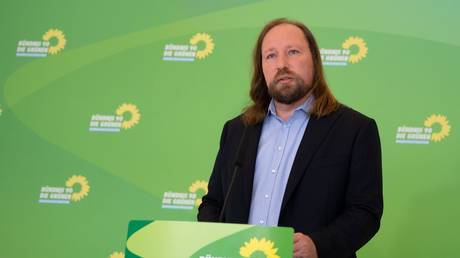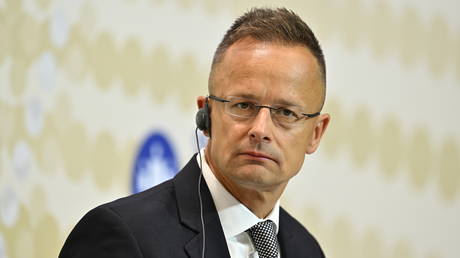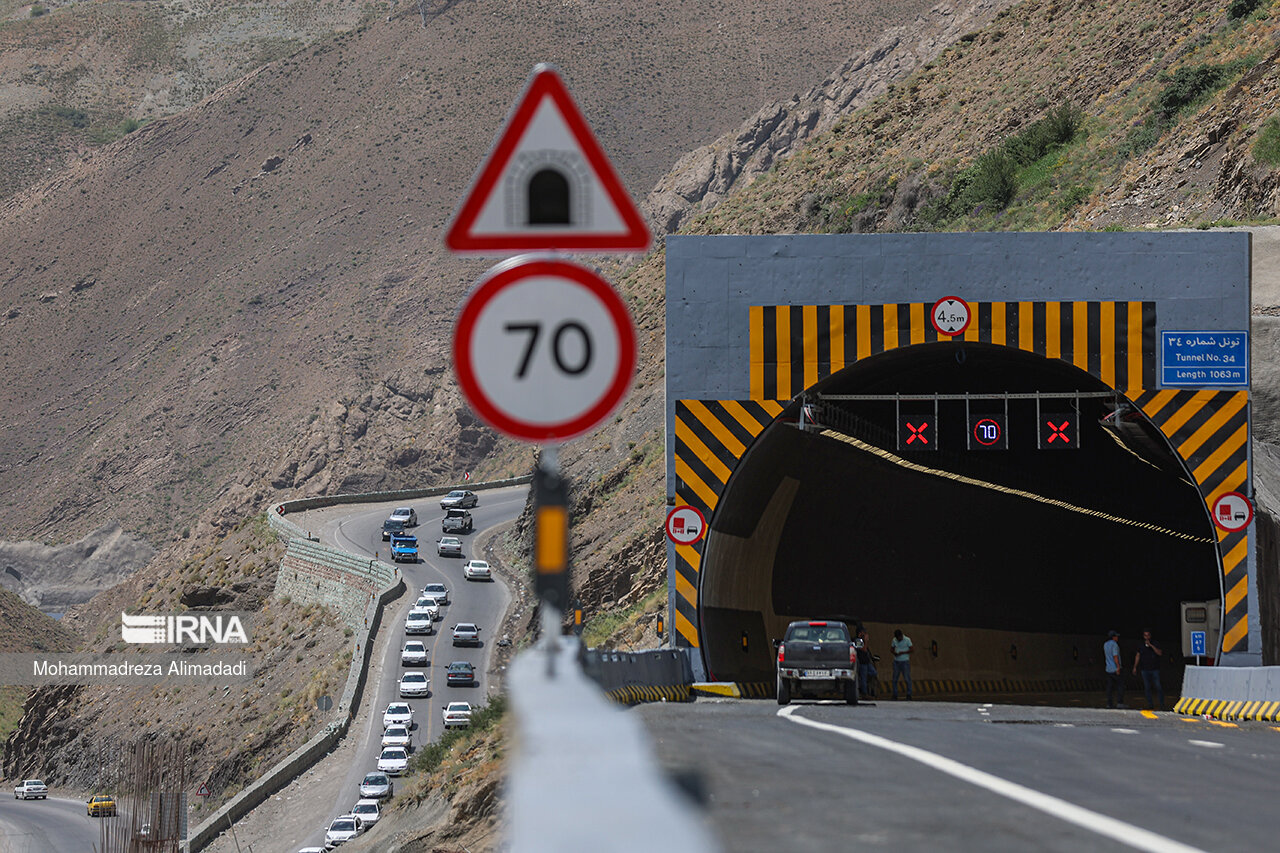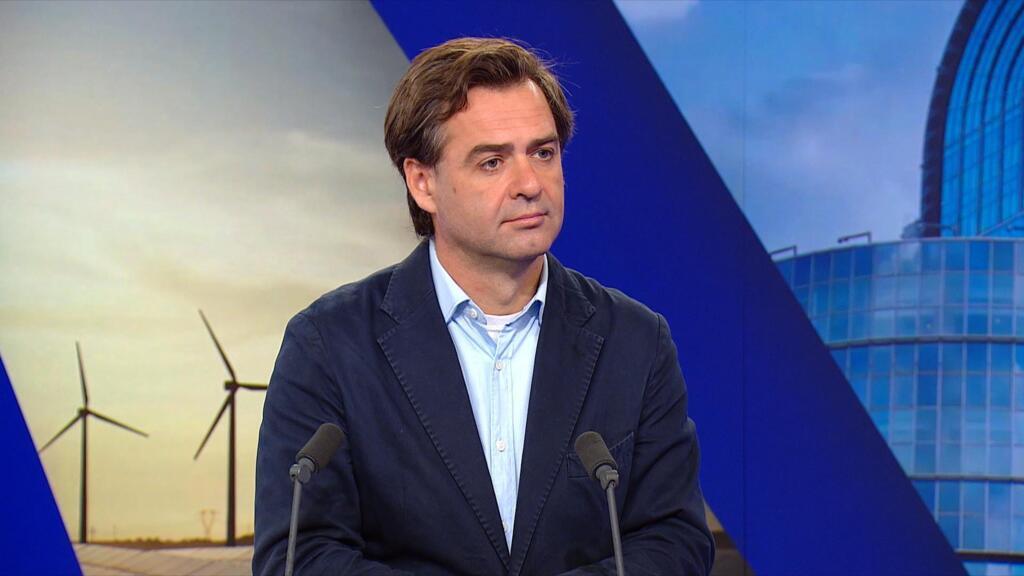ARTICLE AD BOX
Western nations risk financial unsustainability when implementing their militarization plans, the Danish economy minister says
EU nations risk “increased debt levels and unsustainable finances” if they raise defense spending too quickly, Danish Economy Minister Stephanie Lose has warned. EU and NATO members are pushing to invest billions of euros in troops and weapons.
NATO leaders agreed last month to increase the target for defense spending from 2% to 5% of GDP, with 3.5% allocated directly to the military and the remainder directed toward broader security initiatives. Brussels previously unveiled the €800 billion ($940 billion) ‘ReArm Europe’ program.
Denmark is among 12 EU nations taking advantage of a special ‘national escape clause’, which allows them to bypass the EU’s budget deficit rules when borrowing for military purposes. Lose told Euractiv that she does not fault countries such as France and Italy for opting out, in an interview published on Monday.
”It’s good if you adhere to sound public finances... if it means that they’re exploring ways to fulfill the 3.5% NATO goal without being on an unsustainable path,” she said, adding that if the reluctance indicates a lack of room to boost defense spending, “then it’s, of course, a problem.”
Read more German MPs demand more money for Ukraine – Bild
German MPs demand more money for Ukraine – Bild
Speaking ahead of an EU ministerial meeting that she is set to chair Monday – as Denmark currently holds the rotating presidency of the bloc – Lose cited US trade tariffs and competition from China as additional pressures limiting the EU’s ability to increase military investment.
European NATO members say they need to increase their defense budgets to deter the alleged threat from Russia, which has denied that it poses any threat to these countries, accusing Western officials of using fear to justify the budget increases, as well as the decline in the standard of living among their citizens.
Western Europe’s industrial competitiveness has fallen since EU leaders reduced Russian energy imports, which supported the region’s industries for decades. The move was part of sanctions against Russia due to the Ukraine conflict.
Russia considers the conflict to be a result of NATO expansion, saying the US-led military bloc presents a direct threat to national security.
.png)
 2 months ago
8
2 months ago
8








 English (US)
English (US)